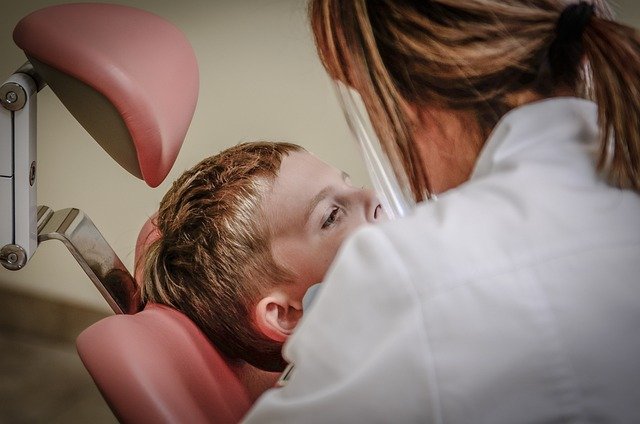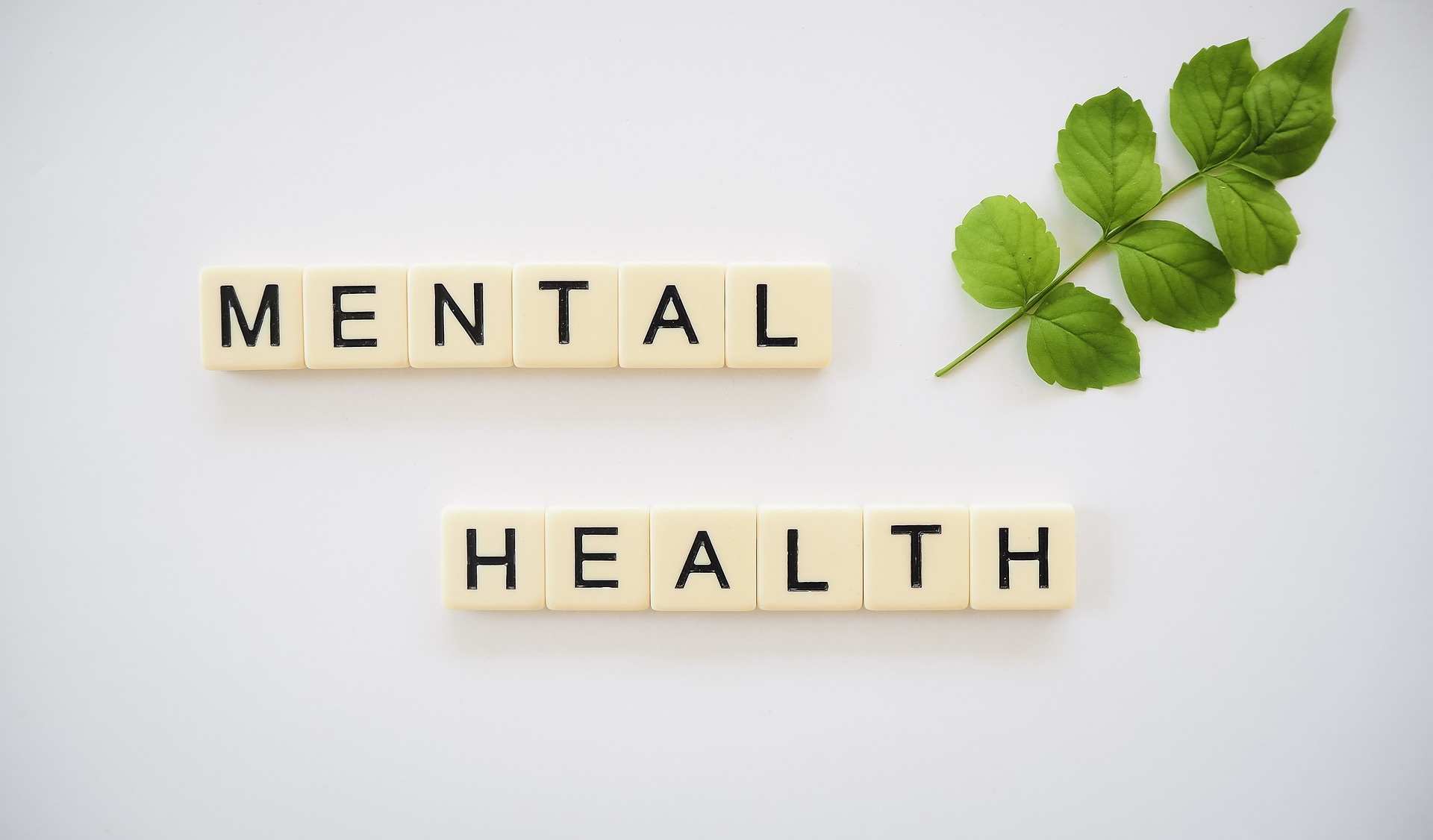Egg donation can help more people become parents – and you might be able to help
Each year in the US, thousands of families turn to egg donation to grow their families. According to the CDC, over 12% of women experience difficulties getting pregnant, and egg donation has helped many same-sex couples, single parents, and others become loving parents. This process has created real hope for those who have tried for years without success. Whether you're considering becoming a donor or are curious about the journey, it's a personal and meaningful way to support someone’s path to parenthood.

What is egg donation and how does it work?
Egg donation is a process where a woman (the donor) provides her eggs to another person or couple (the recipient) to help them conceive a child. The egg donation process involves several steps, beginning with thorough medical and psychological screening of potential donors. Once approved, the donor undergoes hormonal stimulation to produce multiple eggs. These eggs are then retrieved through a minor surgical procedure and fertilized with sperm in a laboratory. The resulting embryos are then transferred to the recipient’s uterus or a gestational carrier.
Who can benefit from egg donation?
Egg donation has opened doors for various individuals and couples seeking to start or expand their families. This includes women with diminished ovarian reserve or those who have undergone cancer treatments affecting their fertility. Same-sex male couples and single men can also benefit from egg donation when paired with gestational surrogacy. Additionally, women who carry genetic disorders they wish to avoid passing on to their children may choose egg donation as a means to have a healthy baby.
What are the requirements for becoming an egg donor?
Becoming an egg donor is a generous act that requires meeting specific criteria to ensure the health and safety of both donors and recipients. Typically, egg donors should be between 21 and 32 years old, have a healthy BMI, and be non-smokers. They must also have regular menstrual cycles and be free from genetic disorders. Potential donors undergo extensive medical examinations, genetic screening, and psychological evaluations before being accepted into a donation program.
How does the egg donation process impact donors?
The egg donation process can be both physically and emotionally demanding for donors. Physically, donors receive hormone injections to stimulate egg production, which may cause side effects such as bloating, mood swings, and discomfort. The egg retrieval procedure is minimally invasive but may require a short recovery period. Emotionally, donors often report feeling a sense of fulfillment knowing they’ve helped someone achieve their dream of parenthood. However, it’s crucial for donors to consider the long-term implications of their decision, including potential feelings about genetic offspring they may never meet.
What are the legal and ethical considerations in egg donation?
In the United States, egg donation is regulated by the Food and Drug Administration (FDA) and professional organizations like the American Society for Reproductive Medicine (ASRM). These bodies provide guidelines to ensure ethical practices and protect the rights of all parties involved. Legal considerations include contracts between donors and recipients, which typically address issues such as parental rights, compensation, and future contact. It’s essential for both donors and recipients to work with experienced attorneys specializing in reproductive law to navigate these complex agreements.
How much does egg donation cost, and what compensation do donors receive?
The egg donation process involves significant costs for recipients and potential compensation for donors. Here’s a breakdown of typical expenses and compensation:
| Aspect | Cost/Compensation Range | Notes |
|---|---|---|
| Total cost for recipients | $20,000 - $50,000 | Includes medical procedures, donor compensation, and agency fees |
| Donor compensation | $5,000 - $10,000 | Varies by location and donor experience |
| Medical screening costs | $2,000 - $5,000 | Usually covered by the recipient |
| Legal fees | $500 - $1,500 | For donor contracts and legal counsel |
| Agency fees | $5,000 - $10,000 | If using an egg donation agency |
Prices, rates, or cost estimates mentioned in this article are based on the latest available information but may change over time. Independent research is advised before making financial decisions.
Egg donation has become an invaluable option for those facing fertility challenges or biological barriers to parenthood. While the process is complex and requires careful consideration from all parties involved, it has the power to create families and fulfill dreams of parenthood. For those considering becoming egg donors, it’s an opportunity to make a profound impact on someone’s life. As medical technology continues to advance, egg donation remains a testament to the evolving nature of family-building and the generosity of those willing to help others on their journey to parenthood.




